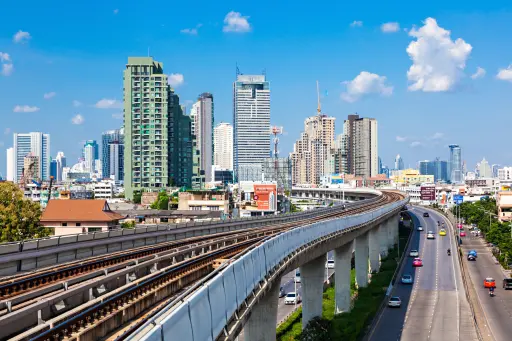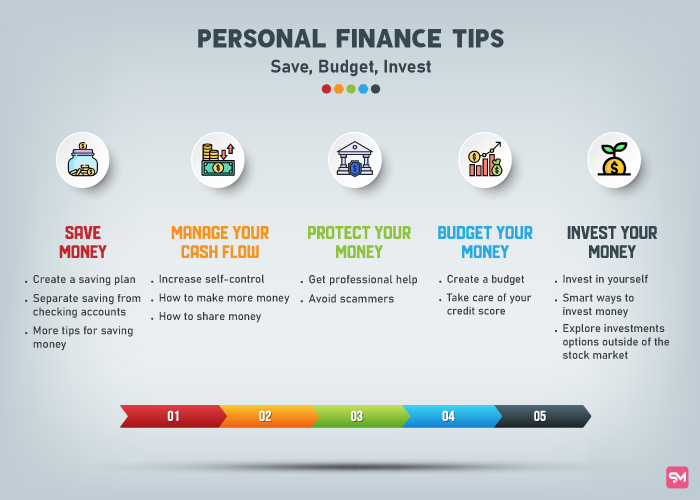Navigating the Future of Thailand’s Real Estate Market
After a tumultuous year, Thailand’s real estate market is poised for transformation as it adapts to new challenges and opportunities. With a focus on recovery and growth, developers and investors are identifying key trends that will shape the landscape in 2025. Here are the eight significant trends influencing Thai real estate in the coming year.
1. Shift Towards Alternative Assets
Exploring New Opportunities
As traditional sectors face challenges, there is a noticeable shift towards alternative real estate assets. Investors and developers are increasingly looking beyond conventional markets to explore opportunities in sectors like logistics, healthcare, and mixed-use developments. This pivot is expected to drive growth and diversification within the market.
2. Recovery of the Luxury Market
Resilience Amidst Challenges
Despite setbacks in other segments, the luxury real estate market remains robust. High-net-worth individuals continue to seek premium properties, particularly in sought-after locations such as Bangkok, Phuket, and Koh Samui. The demand for luxury homes is expected to rise as tourism rebounds and international buyers return.
3. Increased Demand for Smart Homes
Technological Integration
The trend towards smart homes is gaining momentum, with buyers looking for properties equipped with advanced technology and automation systems. Features such as integrated security, climate control, and energy-efficient solutions are becoming essential in new developments, appealing to tech-savvy consumers.
4. Focus on Sustainability
Green Building Practices
Sustainability is becoming a priority for both developers and buyers. There is a growing emphasis on eco-friendly construction practices, including the use of renewable materials and energy-efficient designs. Properties that incorporate green technologies are likely to attract environmentally conscious consumers.
5. Rise of Mixed-Use Developments
Convenience and Community
Mixed-use developments that combine residential, commercial, and recreational spaces are gaining popularity. These projects offer residents convenience by providing essential services within walking distance. As urban living becomes more desirable, developers are increasingly focusing on creating vibrant communities.
6. Growth of Online Real Estate Sales
Digital Transformation
The rise of online platforms for real estate transactions is reshaping how properties are bought and sold in Thailand. With the recovery of tourism, there is an increasing demand for investment properties in resort areas. Digital marketing strategies are becoming essential for reaching potential buyers effectively.
7. Foreign Investment Surge
Attractive Market Conditions
Thailand continues to attract foreign investors, particularly from China, who dominate the property market. Favorable investment policies and high rental yields in tourist destinations make Thailand an appealing option for international buyers looking to invest in real estate.
8. Infrastructure Development Enhancements
Boosting Accessibility
Ongoing infrastructure projects, including upgrades to transportation networks and public amenities, are set to enhance property values across Thailand. Improved accessibility will not only benefit existing developments but also attract new investments in emerging areas.
Embracing Change in Thai Real Estate
As Thailand’s real estate market navigates the aftermath of a challenging year, these eight key trends highlight the resilience and adaptability of the sector. By focusing on alternative assets, embracing technology, prioritizing sustainability, and enhancing infrastructure, Thailand is positioning itself for a promising future in real estate development. Investors and developers who stay ahead of these trends will be well-equipped to capitalize on the evolving landscape of Thai real estate by 2025.









